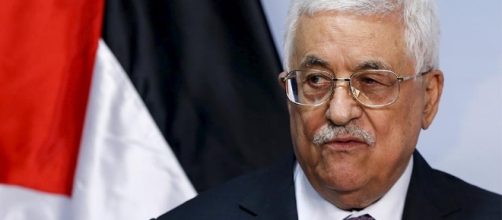One of the dirty little secrets of the American government is that it pays the Palestinian Authority $300 million a year on the theory that the payments makes it more agreeable to making peace with Israel. Congress and now the Trump administration have come to notice that the Palestinian government is corrupt and a sponsor of terrorism. With those facts in mind, Congress is getting ready to cut the PA off, according to the Free Beacon. President Trump has signaled that he will sign the bill when it reaches his desk.
The approach of the Trump administration toward the Israel-Palestinian conflict could not be more different from that of the previous one.
President Obama tilted heavily toward the Palestinians and exhibited a distinct hostility toward Israel, especially Prime Minister Benjamin Netanyahu for whom he had developed a personal dislike.
Trump, on the other hand, has gone above and beyond in restoring Israel as a friend and ally of the United States, warmly greeting Netanyahu at the White House and even seriously moving to move the American embassy in the Jewish state to Jerusalem. Trump also has a less idealistic approach to dealing with enemies of the United States. He is certainly not prepared to pay them baksheesh or, as it is called in the West, bribes. Recipients of American largess are going to have to behave with a certain decorum, which does not include paying terrorists to commit murder and mayhem.
The Palestinian Authority’s options are somewhat limited. Its traditional allies in the Sunni Arab world are forming a tacit alliance toward Israel for fear of the menace represented by Iran. The Islamic Republic may become a source of funding for the PA, just as it is for Hamas and Hezbollah, but turning toward Tehran will only confirm the status of the Palestinians as enemies of the United States, to be treated harshly.
Of course, the PA does have the option of cleaning up its act, stop supporting terrorism, root out corruption, and stop teaching anti-Semitism in its schools. Such a change would involve a wrenching change in Palestinian culture, but would be of long term benefit to the Middle East’s most notorious victims and at the same time victimizers.

